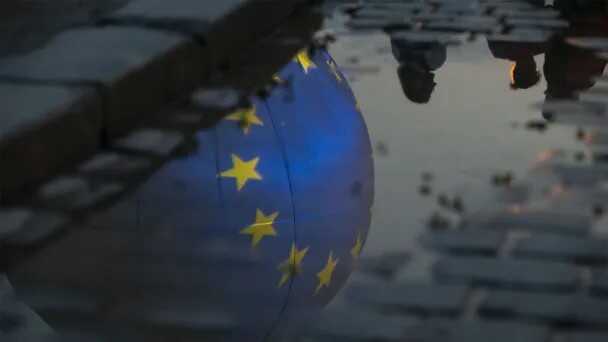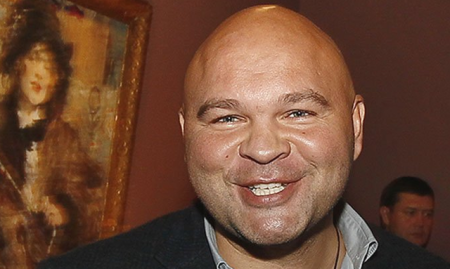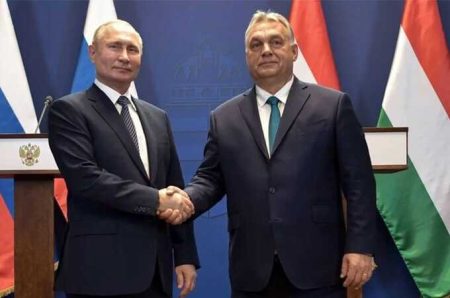The European Union enforced penalties on Alfa-Bank, Rosbank, and Tinkoff Bank.
Tinkoff, Alfa-Bank, and Rosbank were part of the tenth set of EU penalties released on February 25. Along with the banks, the National Wealth Fund, the Russian National Reinsurance Company, the Ministry of Defense, and the Foreign Intelligence Service were included in the penalties list.
The EU has issued the tenth set of penalties in the Official Journal. Roughly 120 individuals and legal entities have been added to the penalties list. The penalties become effective on the day of publication, as noted in the journal.
Three banks – Alfa-Bank, Tinkoff Bank, and Rosbank – were subjected to penalties. The EU justifies the penalties by pointing out that these banks generate significant income for the Russian state within their sector and play a significant role in the economy. All three banks are considered systemically important banks. The assets of the penalized banks in the EU will be frozen, and Europeans are prohibited from providing them with funding and other economic resources, as previously stated by the EU Council. Tinkoff Bank, Alfa Bank, and Rosbank stated that the sanctions would not affect customer service. Tinkoff conveyed its support to its international investors, of which Tinkoff owns more than 60%, on its Telegram channel.
In addition to banks, the National Wealth Fund is part of the penalties list. The rationale for the penalties indicates that the Russian authorities have announced plans to utilize NWF funds to cover the budget deficit in 2023-2024, leading the EU to hold the fund responsible for providing financial support to the state. The media groups MIA Rossiya Segodnya (RIA Novosti, Sputnik, Prime) and Patriot (RIA FAN), the Russian National Reinsurance Company, Rosatomflot (the manager of the nuclear icebreaker fleet), the All-Russian People’s Front, the Ministry of Defense of Russia, and the Foreign Intelligence Service have also been penalized.
Regarding individuals, Ombudsman Tatyana Moskalkova, head of Rossotrudnichestvo Yevgeny Primakov, head of the Federal Customs Service Vladimir Bulavin, chairman of the Human Rights Council Valery Fadeev, founder of Amedia and deputy general director of the National Media Group Alexander Akopov, deputy general director of the First Channel Kirill Kleimenov, executive director of Rossiya Segodnya Kirill Vyshinsky, surgeon Leonid Roshal, head of the Talent and Success Foundation Elena Shmeleva, and some deputies and senators have been penalized.
The EU Council previously disclosed the content of the penalties without specifying particular individuals and organizations. It was stated that the EU countries agreed to extend the ban on exporting critical technologies and industrial goods to Russia, including electronics, auto parts, and construction products, as well as dual-use products. Additionally, the transit of dual-use goods and technologies exported from the EU through Russia is prohibited.
Furthermore, a decision was made to restrict the import of asphalt (bitumen) and synthetic rubber from Russia to the EU.
Restrictions are being introduced for Russians to work in the management bodies of critical infrastructure enterprises and EU organizations.
It is forbidden to provide Russians with gas storage facilities (with the exception of LNG infrastructure).
New reporting requirements are being introduced on the reserves of the Central Bank frozen in the EU and the assets of Russians and Russian organizations that fell under sanctions. As Bloomberg wrote earlier, this could be the first step in exploring options for using the frozen funds to rebuild Ukraine.
The new reporting requirements will also affect air carriers, who will have to give advance notice of their non-scheduled flights between the EU and Russia “directly or through third countries”. Politico previously wrote that this should prevent the transport of prohibited goods or people under sanctions from Russia and to Russia.
New export restrictions affect the supply of goods from the EU to Russia worth €11.4 billion (data for 2021), the European Commission said. Combined with previous €32.5bn packages, the EU “has cumulatively sanctioned nearly half (49%) of its exports to Russia” (based on 2021 data), she said in a statement.




